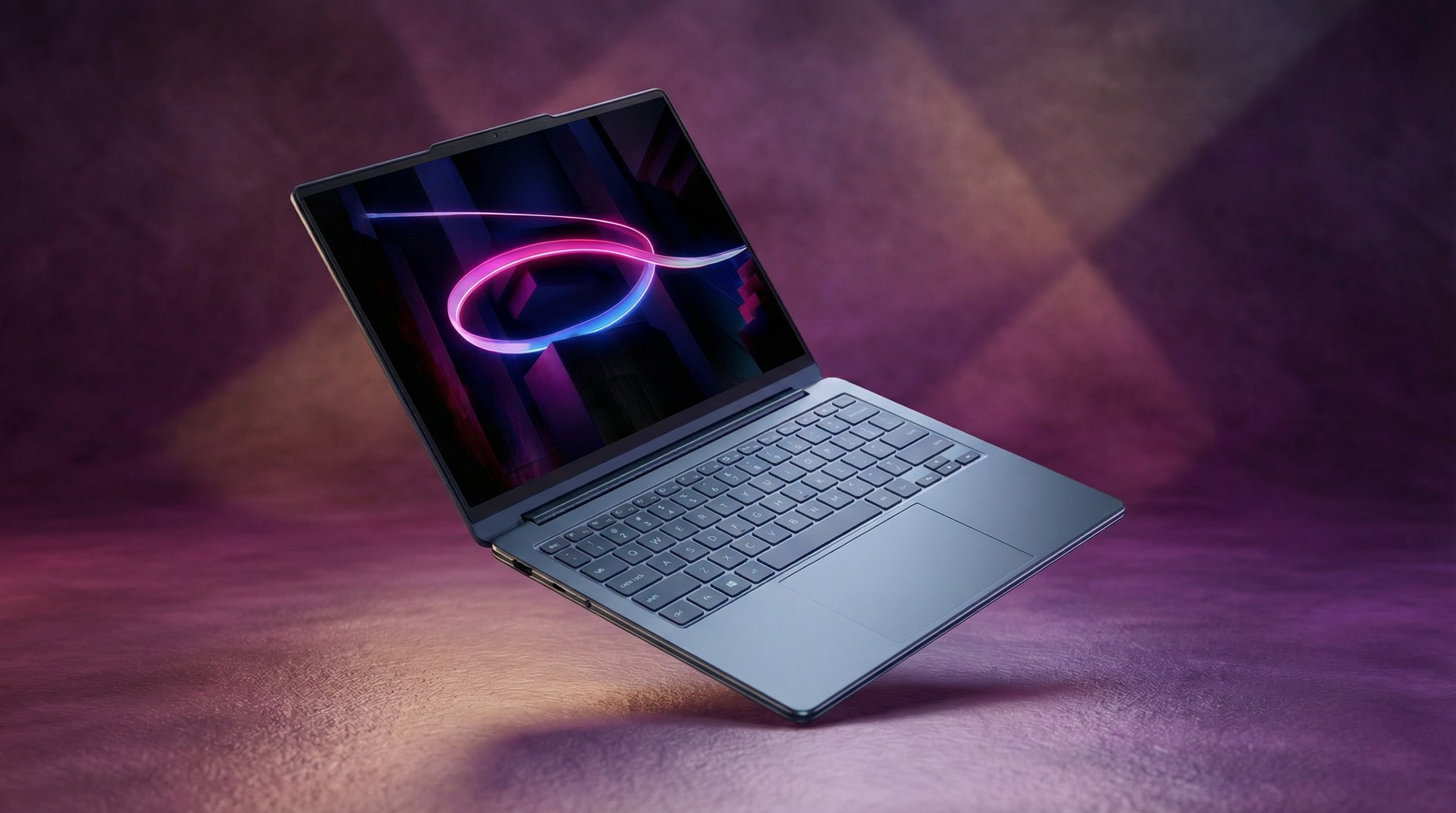It's the Software, Stupid.

All the latest news, reviews, and guides for Windows and Xbox diehards.
You are now subscribed
Your newsletter sign-up was successful
So the New York Times just did a write up on Bill Gates' impending (semi)retirement and what it means for Microsoft. Of course the message is that all is well, nobody's worried, everything's fine, move along, nothing to see here, etc etc. On page two, though, we get some nice bits about how Microsoft feels about the oft-rumored Google Phone. Let's take a look:
“How many products, of all the Google products that have been introduced, how many of them are profit-making products?” he asked. “They’ve introduced about 30 different products; they have one profit-making product. So, you’re now making a prediction without ever seeing the software that they’re going to have the world’s best phone and it’s going to be free?”
Zing!
I have a few thoughts on this quote and a bit of editorial after the break. Because Apple's entrance into this space and Google's rumbling have finally made this the conventional wisdom about smartphones: It's the software, Stupid!
- There are so many ways to skim revenue off a smartphone it boggles the mind. Money for services, paid either via the carrier or directly, is relatively easy to come by. So the idea that Google won't figure out a way to monetize a phone is a little silly. Nevertheless, that's a nice little jab right there.
- Despite #1 there, figuring out a way to make money off online services, especially the mobile variety, is going to be a tough nut to crack. Microsoft themselves just posted a big loss in that division - mostly because of how much they've been investing. So going after Google because they haven't gleaned a clear way to profit off anything beyond ad'n'search is a little disingenuous. Monetizing online services is everybody's problem.
- Long overdue here at WMExperts is an analysis of the upcoming 700MHz spectrum auction as well as the various sniping from Google, CTIA, and the FCC about it. Let's just say, for now, that if it turns out there's pie to be had in that potential wireless industry shakeup, Microsoft will be getting a piece of it.
The quote continues:
Again, the ability to create compelling software will determine the winners. “The phone is becoming way more software intensive,” he said. “And to be able to say that there’s some challenge for us in the phone market when its becoming software intensive, I don’t see that.”
Read: Microsoft’s Gates Plans Leave Amid Great Change - New York Times via google-phone
Yes and ....huh? Perhaps I'm missing some context here. Presumably he's saying that Google doesn't have the chops to challenge Microsoft when it comes to "the software magic" on smartphones. That's what I think he means, and I think that's probably pretty astute. However, I also happen to recall a certain CEO of Palm named Ed Colligan saying that Apple wouldn't be able to just swoop in and get the software right, that Palm had years of experience and that's what it takes. Well, ok. The iPhone did not get it right the first time, but they got darn close. So maybe Mr. Gates shouldn't throw down like that with Google...
Anyhow, the point is that Gates (and Apple, and Palm too, by the way) all get it, with smartphones today and in the future, it's about the software. The "specs" of phones are all getting really good really fast, they're converging on a fairly uniform set that's good. Processor, storage, screen size, just exactly how many kbits per second your wireless connection can suck down... all of these will get better and there will always be some phone with an advantage here or there, but that's not what matters anymore. What matters now is how powerful, flexible, and elegant the software is.
All the latest news, reviews, and guides for Windows and Xbox diehards.
...or that's what will matter. One of the ancillary benefits of the ginormous iPhone media splash is, I hope, the fact that people are going to realize that it's about the software. The RAZR will go down in history, amongst Cell Phone Historians (good gravy, I wonder if I could get a PhD in that?) as the last mobile phone where the form of the device drove people wild. I see a bright and glorious future coming very soon, on in which we can safely assume that the form factor is going to be pretty darn good in whatever device we covet next. The form will be a given. The function, that's where the action is now.
And I have a lot of faith in the Windows Mobile team and the Windows Mobile developer community when it comes to function. Which brings us back around again, to Google. Google presents an interesting challenge (yes, Billy G, a "challenge") to Microsoft: Can you take the simple, intuitive, and direct spirit of the original Google homepage and apply it to a smartphone? Can you continue to increase the power while also making it more intuitive to use?
Ladies and Gentlemen: Let the countdown to Photon begin. The stakes, they are quickly becoming very, very high.

Home to the most invested and passionate Microsoft fans, Windows Central is the next generation destination for news, reviews, advice and buying recommendations on the Windows, PC and Xbox ecosystems, following all products, apps, software, AI advancements, and accessories. We've been around for more than decade, and we take our jobs seriously. Windows Central writers and editors value accuracy and editorial independence in everything we do, never receiving compensation for coverage and never pulling punches.
